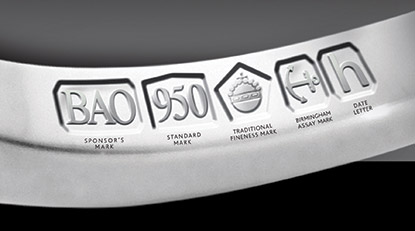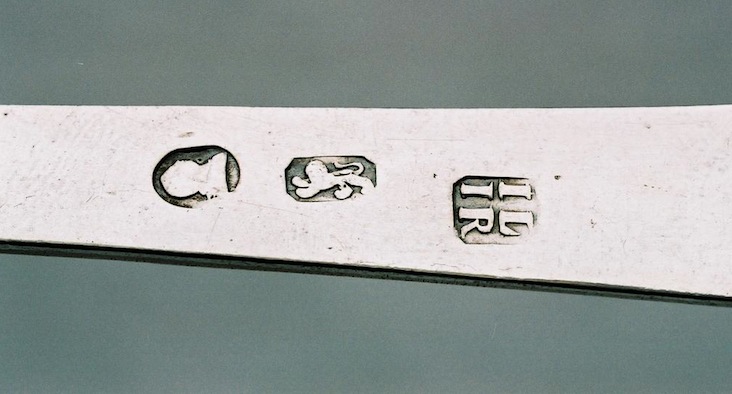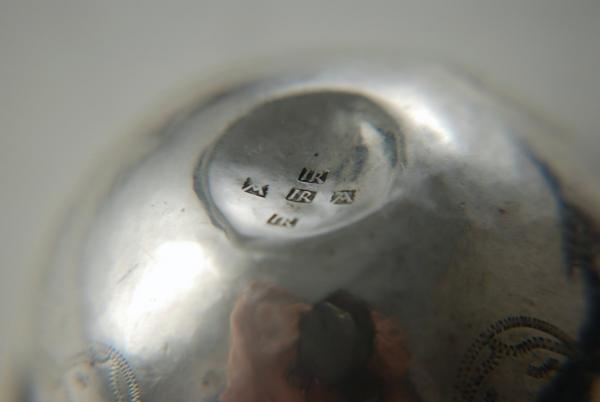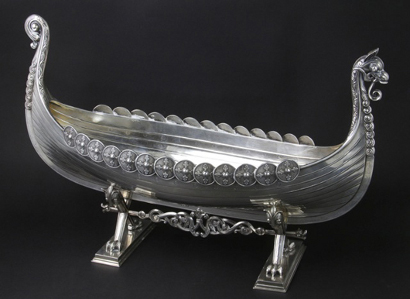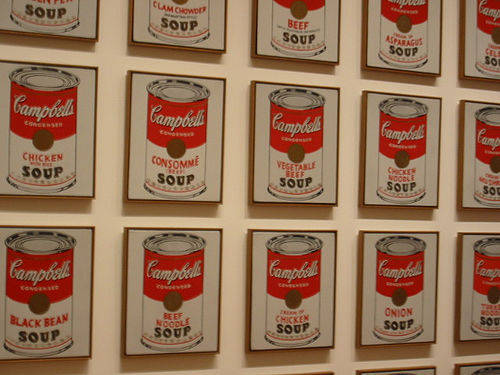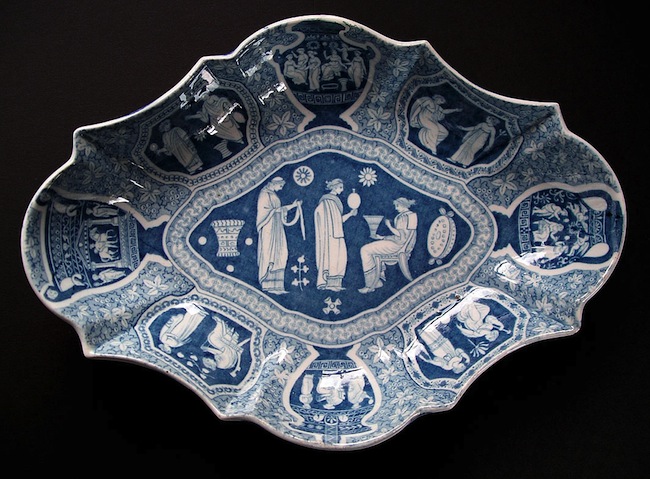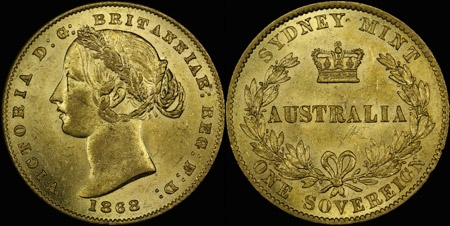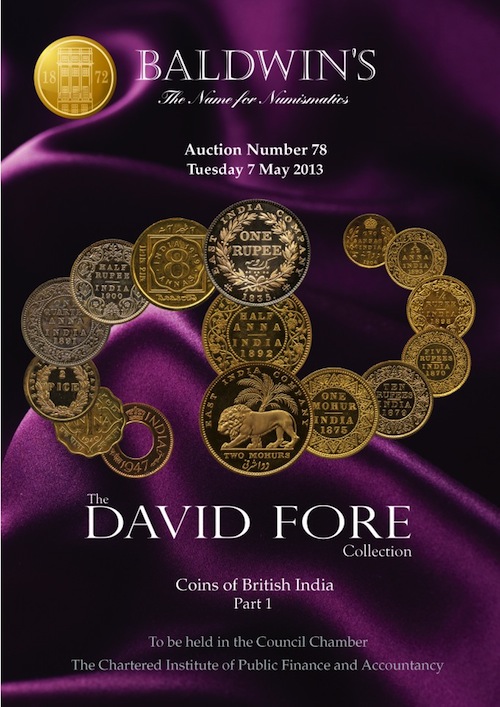The Law – Current Hallmarking Legislation
This statute is reproduced with the kind permission of Westlaw UK.
Please check available services to see if this statute has been amended.
Nowhere else in the world are consumers more highly protected than in the UK. The UK is one of only a few countries in the world that have compulsory statutory hallmarking. This means that every item sold as precious metal, ie gold, silver or platinum must have been tested and hallmarked by an independent third-party Assay Office to guarantee that the precious metal is of the fineness stated.
The law applies to everything SOLD in the UK , regardless of where it may have been manufactured. The only exemptions are items which fall beneath the specified weight thresholds which are 1 gram for gold, 7.78 grams for silver and 0.5 grams for platinum. For full details of exempt articles click here
The current legislation is the Hallmarking Act 1973 which has since been amended by Hallmarking (Exempted Articles) (Amendment) Order 1975, the Hallmarking (International Convention) Order 1976 (as amended), the Hallmarking (Exempted Articles) Orders 1982 and 1986 and the Hallmarking (Approved Hallmarks) Regulations 1986.
Further changes to the legislation were made by the Hallmarking (Hallmarking Act Amendment) Regulations 1998 to bring the UK legislation in line with the rest of Europe.
The main changes were:
- Standards to be expressed as parts per thousand (millesimal) on all metals, eg Sterling silver to be marked 925, 18ct gold to be marked 750 etc…
- Date letters are now optional
- Pictorial fineness standard marks ie lion for silver, crown for gold, orb for platinum, now optional
- Separate marks for imports abolished
- New standards established for all metals

